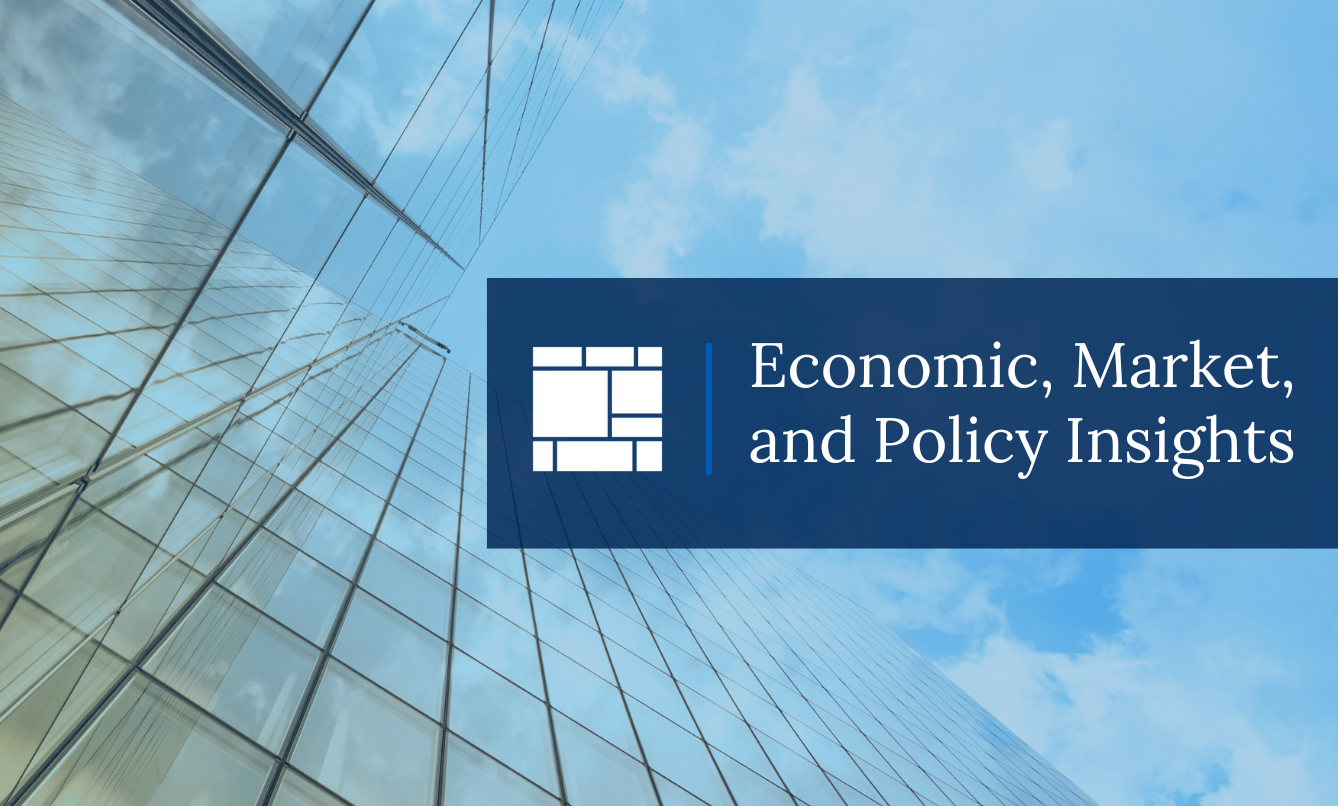Over the weekend fears surrounding the coronavirus picked up as concerns about the growing number of infections in Korea (256 new cases reported on 2/22 for a total of 602) and Italy (67 new cases for a total of 76) have weighed on investor sentiment sending global equity markets lower and safe haven assets like U.S. Treasuries and gold higher. The yield on the 30-year Treasury hit an all-time low and the 10-year yield fell within 5 basis points of its all-time low of 1.32%, touched back in 2016. As of midday the S&P 500 had dropped just over 3%.
This risk-off move has happened despite the fact that official reports show a leveling off in the number of new infections worldwide. Economic concerns stem from the widespread quarantine efforts, which may create a further economic slowdown in a greater number of countries besides just China.
Uncertainty has bred volatility in markets. Despite today’s declines, U.S. equity markets are near flat on a year-to-date basis now. As investors, we must decide whether the underlying nature of this volatility is creating an opportunity or whether this is the beginning of a much deeper threat to equity assets.
We recognize that there may be a material impact to corporate earnings over the near-term as businesses navigate the supply and demand imbalances that arise from this health scare. Workers are stuck indoors and travelers are changing itineraries. Consumption decisions may be put on hold and factory closures will hinder global supply chains. Central Bankers and Governments around the globe have been meeting to consider whether further stimulus measures are needed to help weather the storm.
On the other hand, it is also important to acknowledge that the consequences are likely to result in a one-time impact over the next quarter or two, and will not have a lasting impression on future earnings. The growth in the total number of cases appears to be slowing and there does not appear to be any major structural issues in the foundation of the global financial system.
Equity prices should represent the present value of all future earnings discounted back to today, not just the earnings expected over the next few quarters. While we do not know the full extent of the disruption, we do anticipate it will pass in the coming months and businesses and factories will work to resume normal operations. As long-term investors we are looking beyond these next few months. Prices and fundamentals can diverge over short periods as sentiment swings, but we know that over the long term the two tend to move in the same direction.
When we started the year, we had quite a modest return expectation for U.S. equities over the next 3-5 year time period, 4% annualized to be exact. That expectation would not be altered much by the volatility we have experienced in the past couple of weeks. While non-U.S. equities have suffered slightly worse, in some part because of a strengthening dollar, we still do not believe valuations have improved so much as to attract further investment at this point.
Our view remains that the Coronavirus will result in a one-time hit to economic activity and corporate earnings. As such, we continue to monitor our market cycle dashboards for signs that the risk of recession becomes elevated, though we anticipate that the data readings in the next month or two may not fully reflect the disruptions caused by the Coronavirus. The current situation remains fluid and headlines evolve on a seemingly daily basis. Balancing the uncertainty of an extended economic impact with current valuations, suggests investors should not make meaningful changes to portfolios at this time, but instead should continue to monitor for opportunities and risks.
This presentation and its content are for informational and educational purposes only and should not be used as the basis for any investment decision. The information contained herein is based on publicly available sources believed to be reliable but is not a representation, expressed or implied, as to its accuracy, completeness or correctness. No information available through this communication is intended or should be construed as any advice, recommendation or endorsement from us as to any legal, tax, investment or other matters, nor shall be considered a solicitation or offer to buy or sell any security, future, option or other financial instrument or to offer or provide any investment advice or service to any person in any jurisdiction. Nothing contained in this communication constitutes investment advice or offers any opinion with respect to the suitability of any security, and this communication has no regard to the specific investment objectives, financial situation and particular needs of any specific recipient. Past performance is no guarantee of future results. Additional information and disclosure on Pathstone is available via our Form ADV, Part 2A, which is available upon request or at www.adviserinfo.sec.gov.
Any tax advice contained herein, including attachments, is not intended or written to be used, and cannot be used, by a taxpayer for the purpose of (i) avoiding tax penalties that may be imposed on the taxpayer or (ii) promoting, marketing or recommending to another party any transaction or matter addressed herein.







